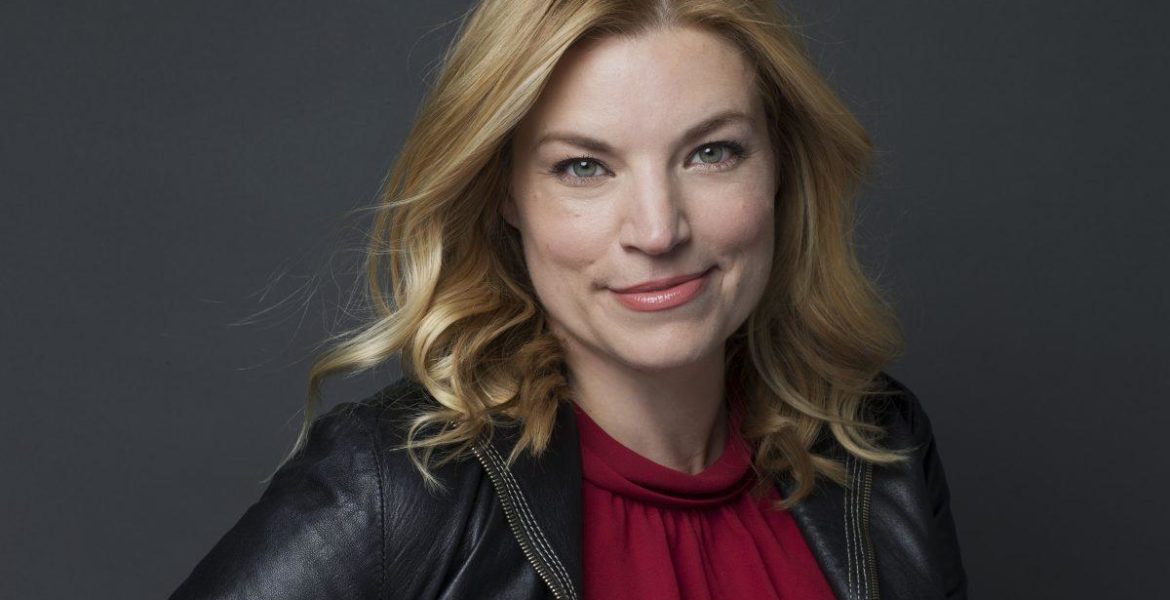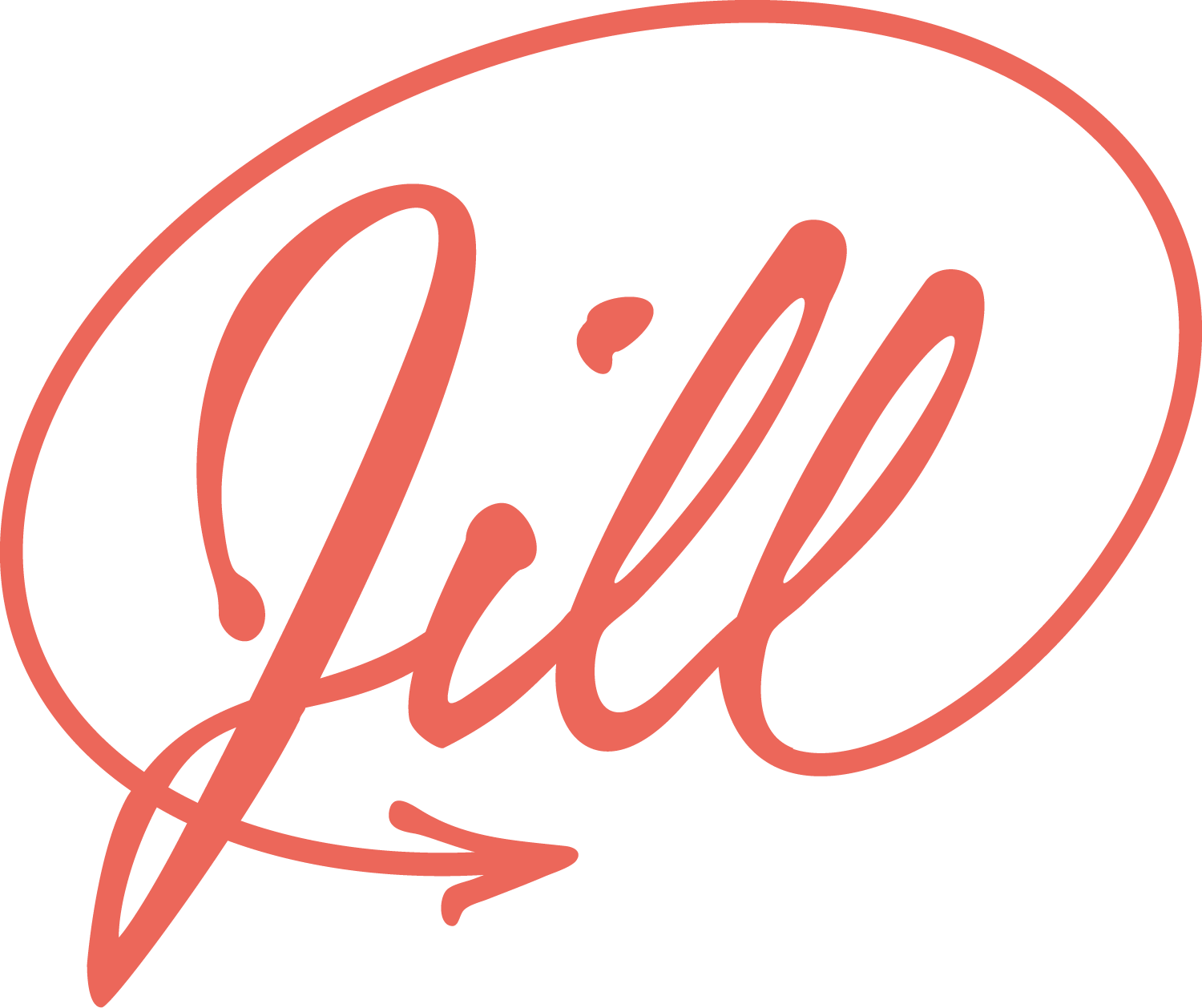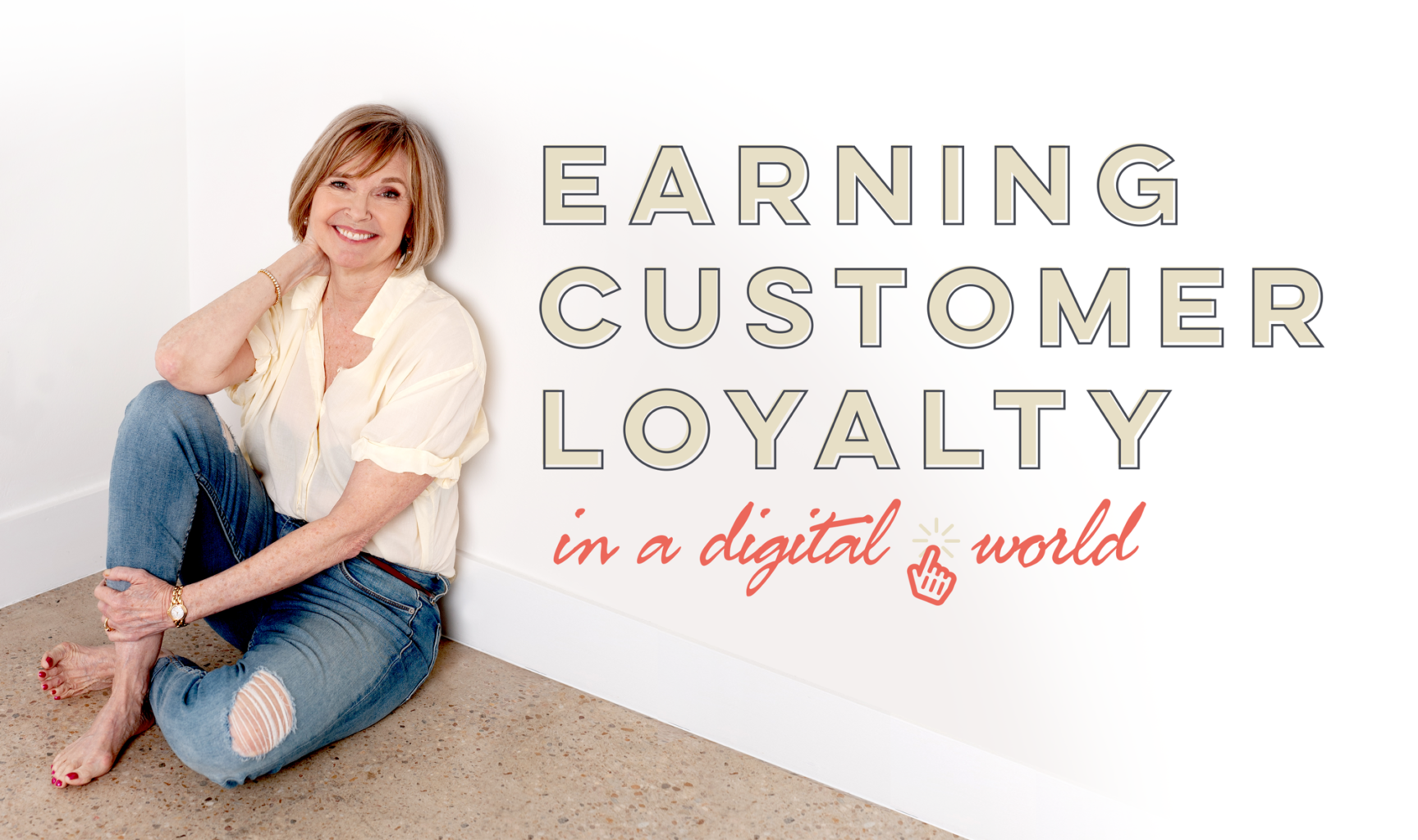
How Skydiving And Leadership Are Alike
As the CEO of Moz, Sarah Bird sets the company strategy and drives execution through alignment, authentic company culture, and transparency. She regularly speaks about entrepreneurship, business models, search marketing, women in tech, and fostering an inspiring company culture.
Sarah was named a Geekwire CEO of the Year Finalist three times and Ernst and Young Entrepreneur of the Year Finalist, Puget Sound Business Journal 40 Under 40 and a Top 100 Women in Tech.
I had the opportunity to interview Sarah recently. Here are the highlights of that interview:
Jill Griffin: Where did you grow up? Describe your early childhood and its significance on your life.
Sarah Bird: I grew up in unincorporated county land outside of Tacoma, WA. Having three older brothers meant that I was exposed to a lot of tech that other young women in my generation might have missed. I was raised on the Apple IIe, playing Star Wars, building motorbikes — I didn’t even notice that they were “boy” things. That theme has held true through today: for better or worse, I find myself comfortable in the male-dominated tech field. For me, it’s just business as usual in an environment I’m used to. I feel lucky to have that privilege given all the social barriers women face both in tech and in leadership.
Growing up, I was also lucky to watch my mother lead the campaign to incorporate our town into a city. She organized the people in our community, canvassed door to door to educate our neighbors on why it mattered and drove the entire process start to finish. She joined the city council and helped shape zoning laws. She showed me that you can make really big changes if you work hard. If you see a problem that needs solving, the initiative is yours to take. This is the essence of service — the obligation you have to make the community you want. It was a powerful lesson for me, both as a woman and in business.
Griffin: When did you first get the whisper you belonged in business?
Bird: I wouldn’t call it a whisper so much as a series of conversations in normal inside voices. Being a business leader was not in my original identity of self. It took the work of a strong community — friends, board members, CEO acquaintances — to reinforce that part of my identity, to build confidence and help me internalize that, yes, this is who I could be. Who I am. It was months after I was asked to be CEO that I finally settled into the idea. Part of me is jealous of people who have that spark, who just know that they want to lead. I was called to help people, to foster community, to create value — I didn’t realize until after it was offered that the answer to that calling would be as CEO of a tech company.
Griffin: Was there an early teacher that inspired you? Who and how?
Bird: I took classic ballet when I was young, taught by Miss Erin. And let me tell you, doing the splits is a highly underrated skill. I spent so much time fretting over getting my splits. I just wasn’t born flexible, I told myself, but Miss Erin was having none of that. If you want your splits, you have to work for it, she would say. Practice stretching and holding one leg, then the other. Five minutes each leg. And so, I would sit there, night after night for a whole month, legs shaking and bawling my eyes out, but it worked. I got my splits. Did I want to do double pirouettes? High kicks? Grand jetes? I had to work at it. Pointe shoes are awful — they murder your feet. They hurt and they bleed, but if you want to dance on your tippy-toes and look like an angel, you have to deal with the pain. You cannot succeed without hustle. If you want truly great results, you have to push yourself. Discomfort is a necessary path to excellence. No shortcuts.
Griffin: What’s a great piece of business or life advice you received, who gave it to you and how has it enhanced your life?
Bird: Being a good leader doesn’t mean you have to be likable. My career coach Larysa Slobodan blew my mind with this a while ago. It’s great advice I still struggle with. Women undergo this cultural programming where they equate success with likability. We’re expected to be people-pleasers, to exist to make other people comfortable, but that’s not good for us and it’s not good for the people we lead. People say they want likable leaders, but research shows that what they crave is someone honest, someone who makes hard decisions and who follows through on their promises. It’s hard. I wrestle with the desire to be liked. Overriding that social programming when I need to focus on being a leader is front-of-mind for me.
Griffin: Please give me the top three bullet points in your Personal Leadership Credo.
Bird:
- Maintaining integrity with your values even when it makes you unpopular. TAGFEE represents that ideal in a balanced way: remaining transparent, authentic to your best self, generous where you can be, fun and human, empathetic towards others and striving to be exceptional in all you do. It’s a tall order, but that’s part of being a leader, and a good human.
- Strategic flexibility is how you achieve the outcomes you want to see. Know where you’re trying to go and let your values lead, but don’t get hung up on the journey. Getting too attached to a certain way of doing things is a trap. If we know where Moz should be, what matters is that we get there — there is more than one path and artificial dogmas constrain creativity.
- Believe in basic human dignity. Offer civility and respect to everyone, even those we disagree with. Everyone should operate this way — the world would be a better place. And as a leader, I need to embody this more than most. You should always feel that I respect you as a worthy human, even in the midst of conflict.
Griffin: What has skydiving taught you about being a leader for Moz and in life?
Bird: When you’re falling, it’s completely terrifying. Your body is chanting you’re gonna die, you’re gonna die, you’re gonna die, but your brain has to recognize that you’re safe. You’re experiencing these incredible views, this perspective of the world that you would never have seen if you were too afraid to take the leap. At the end you’re filled with new confidence and resilience. You’ve accomplished the physically improbable and you have no regrets. It’s a different kind of fun and not all fun is joyful.
There’s a common element there when it comes to leadership. You have to take leaps, even when they’re uncomfortable or scary. There really is no gain without a little pain. And if you don’t enjoy the risk, you won’t be happy in your career.
Griffin: What advice do you have for young, talented, ambitious women who want to rise?
Bird: Don’t waste your time on people and organizations that don’t value you. It’s not your job to change the culture of a massive organization — that’s an effort everyone should contribute to. If you’re casting your pearls before swine, if they can’t see your full potential or offer you a role you deserve, take control. Find something else. Respect yourself and your value.
Go where the heat is. Go where the problems are and wrest value from them. When things are messy and hard, don’t play it safe — identify a better way to work and get it done.
Finally, ask. Make bold requests. I know how hard this is, because I’ve struggled with it myself as a female leader. Ask, negotiate and know your worth, because if it’s hard to do, it’s probably worth it.



